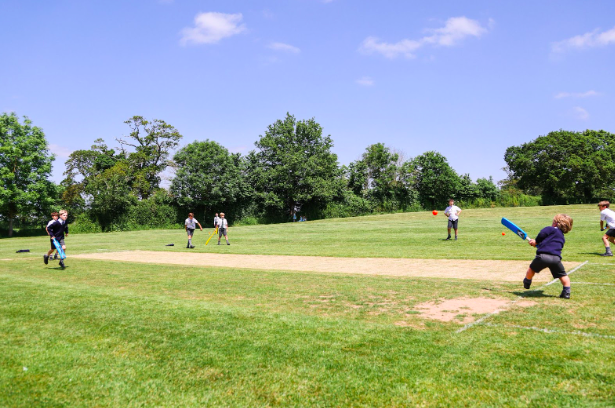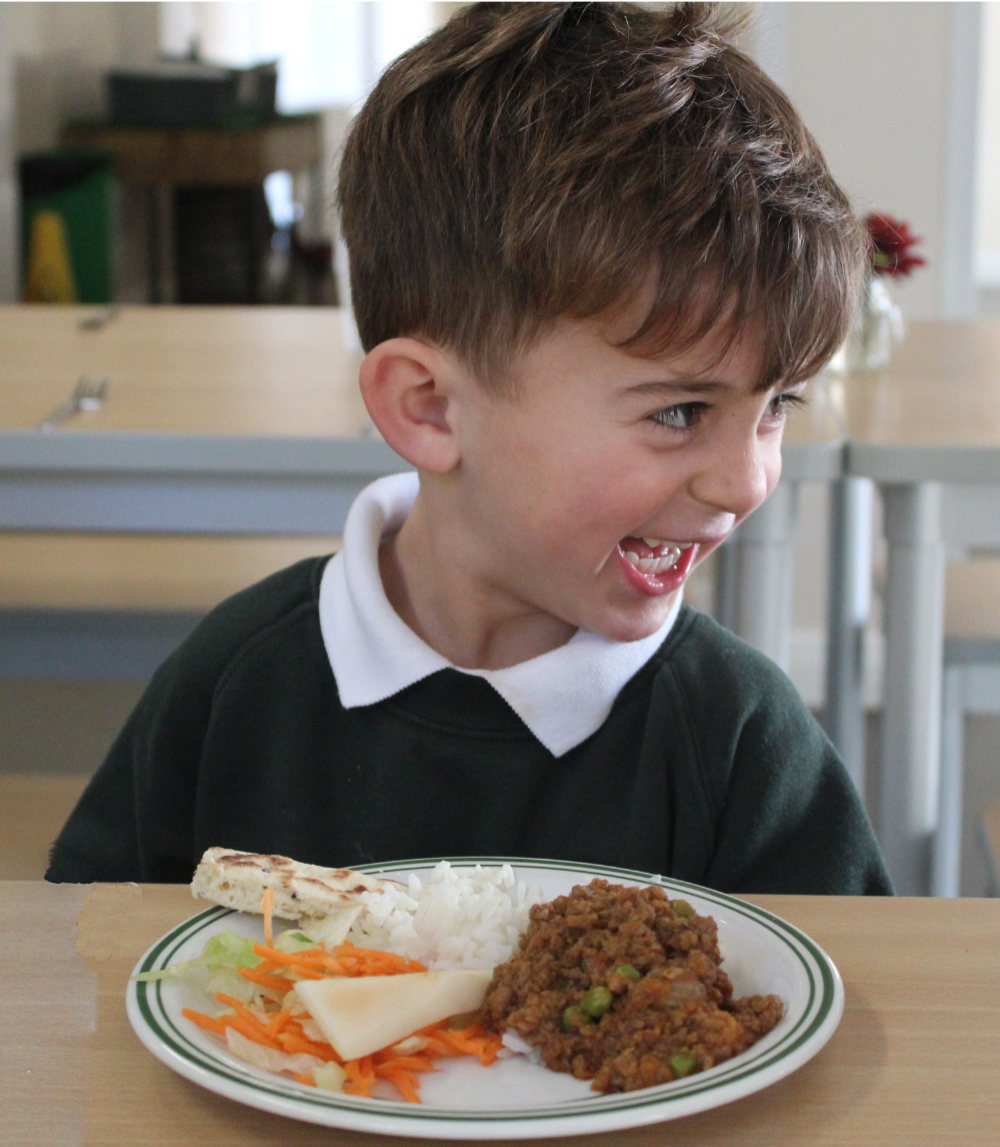It’s important to consider children’s mental health, whether they are your child or pupil, as you have an essential role in helping them develop and adapt to life’s challenges as they grow up. Mental health problems affect around one in ten children and young people and are often a response to what is taking place in their lives.
With mental health becoming more and more talked about in today’s society, we are looking at ways adults can help support the mental health of the children in their lives in various ways.
Spend Time Together
Parents can become distracted with the requirements of everyday life, such as the bills to pay, making dinner, work life and demands from children, especially if there is more than one child. As such, it is essential to make time with your child one-to-one, putting worries and distractions aside to listen to them and their feelings. Just asking about their day; what happened at school and what they played with their friends can help you tune into their worries.
Carrying out a quiet activity together makes it easier to talk to your child without it becoming an interrogation and encourages your child to open up naturally. Though modern life is hectic and it can be difficult to find time to sit down together regularly, it is important you do so, as it will benefit both you and your child in the long run.
Stable Relationships
Children are very observant and will question everything that goes on around them. Parents and teachers are considered role models, and it is important our behaviour demonstrates how to deal with emotions, particularly anger and frustration. Providing a stable and consistent environment, particularly for younger children, helps your child feel secure and confident about the world around them. One way to build a good environment is through the relationships with the child and the relationships they see.
Having people around them who support each other and don’t hide their own issues has more benefit than keeping things hidden from a young child, as an unstable relationship can be a risk factor to a child’s mental health. As mentioned above, children are observant and can pick up on issues even if they do not understand the cause. Being open with your children helps them understand what is going on and helps them deal with issues much easier.
Play
When playing, children learn about themselves and the people around them. Particularly with younger children, playing can provide them with a way to express themselves if they can’t put it into words. Creative activities offer a bonding opportunity between family and friends, as children can tell a story through what they are doing. Role-playing games, either with dress up or toys can also offer insight into how a child is feeling.
Physical Health
Physical health is often linked with mental health, and a physically healthy child is more likely to feel better about themselves mentally. Keeping your children active through sports at school or outside of school is important, especially when they get into their teenage years. In addition to that, eating a balanced diet and staying away from indulging in sugary and fatty foods is part of a healthy lifestyle. If you notice your child is not eating well, not enjoying sports and not getting outside to do exercise, it could be a sign there are underlying mental health issues.
Finding their Passion
One way to support your child’s mental health is through finding their passion and a hobby they love. In a previous blog, we wrote about encouraging children’s hobbies and included the need to be supportive even when you do not understand the hobby. A passion or hobby can provide a much-needed outlet, and also gives them something they can control. As long as the hobby is not harmful to them, encouraging them to pursue their passions inside and outside of school can help improve their mental health in ways you may not notice at first.
At St Peter’s Prep – our mixed boarding school in Devon – we take the well-being of our pupils seriously, from their mental and physical health to the academic learning and offer support and help in every way we can. To find out more about the school’s policies and the topics studied, get in touch with us today. The children have Games twice a week, a match afternoon and a PE lesson.









